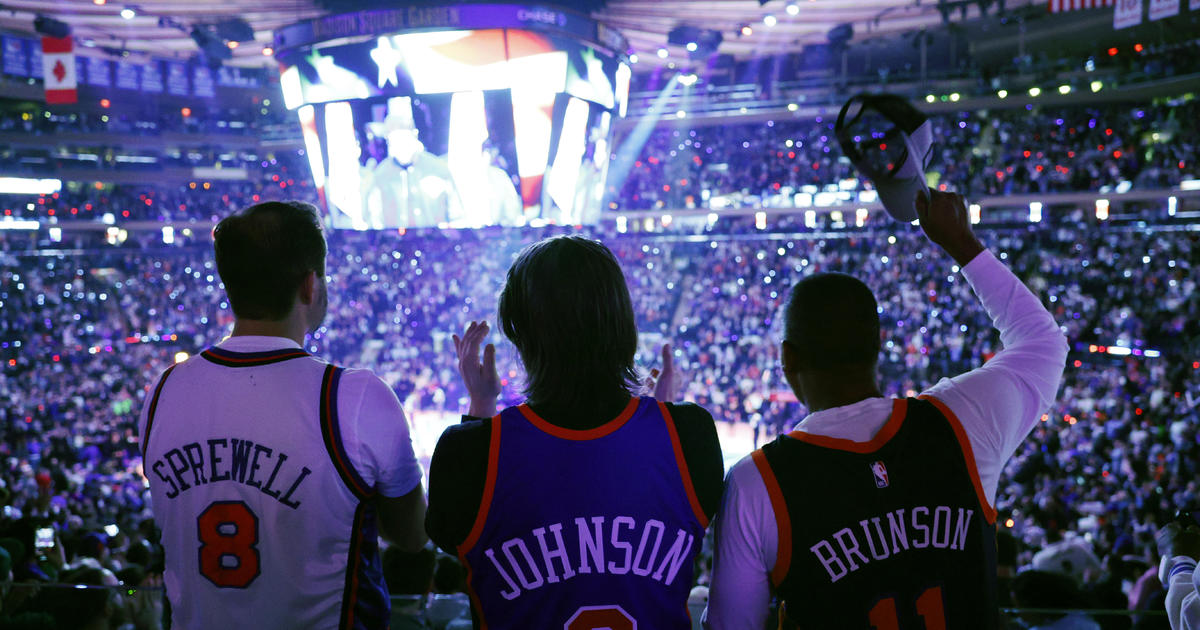Actor George Takei, Playwright David Henry Hwang Discuss Fight For Change As Anti-Asian Attacks Spike In U.S.
NEW YORK (CBSNewYork) -- There has been an alarming rise in attacks against Asian Americans over the past year.
As more people offer support for this diverse community, there are two high-profile celebrities who've been fighting for change for decades, CBS2's Cindy Hsu reported Monday.
In the last year, nearly 4,000 Asian hate incidents were reported nationwide. But there's a long history of anti-Asian violence in the U.S.
Hsu spoke with Tony Award-winning playwright David Henry Hwang, who was stabbed in the neck in Brooklyn five years ago while walking home from the grocery store.
"Turned out that the attacker had severed my vertebral artery. I'd lost about a third of my blood," Hwang said. "But I was out of the hospital in about three or four days. So I was a lot more fortunate than many attack victims."
The attacker was never caught.
"Do you believe this was a hate crime?" Hsu asked.
"I do, and I think I've become more comfortable with saying that over the years. At the time that it happened, the NYPD didn't classify it as a hate crime," said Hwang.
The attack the genesis of Hwang's latest musical "Soft Power," which was nominated for a Pulitzer Prize, as were two other works: "Yellow Face" and "M. Butterfly."
Hwang has spent 40 years writing plays largely about Asian American stories. He believes political rhetoric unleashed the violence we're seeing now.
"A lot of this was exacerbated by the former president who used terms like 'China Virus' and 'Kung-Flu,' said Hwang.
Actor George Takei, who played Mr. Sulu on "Star Trek," said he felt the target on his back when he was five years old, right after the Japanese attacked Pearl Harbor in 1941.
Takei was born and raised in California, but was rounded up with more than 100,000 people of Japanese ancestry then thrown into internment camps.
"Soldiers came up, stomped up the front port, with their fists banged on the door and literally at gunpoint, with bayonets on them, they ordered us out of our home," Takei said.
Takei said the experience turned him into an activist. He starred in the Broadway musical "Allegiance," which was inspired by Takei's personal stories while in the internment camp.
He recently published the graphic novel "They Called Us Enemy," which received an American Book Award last year.
But Takei points to the iconic series "Star Trek," which started in 1966, as a show we could learn from now - especially when looking back at the theme's of inclusion and acceptance it celebrated more than 50 years ago.
"The acronym was IDIC... infinite diversity in infinite combinations," Takei said.



